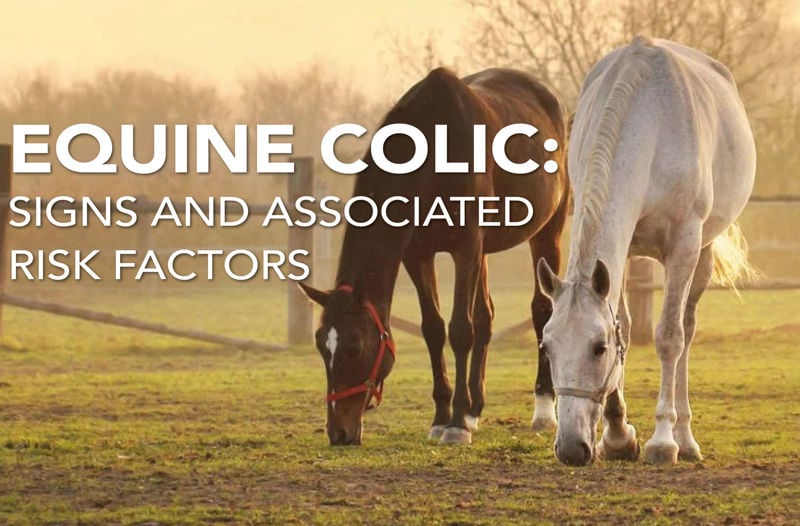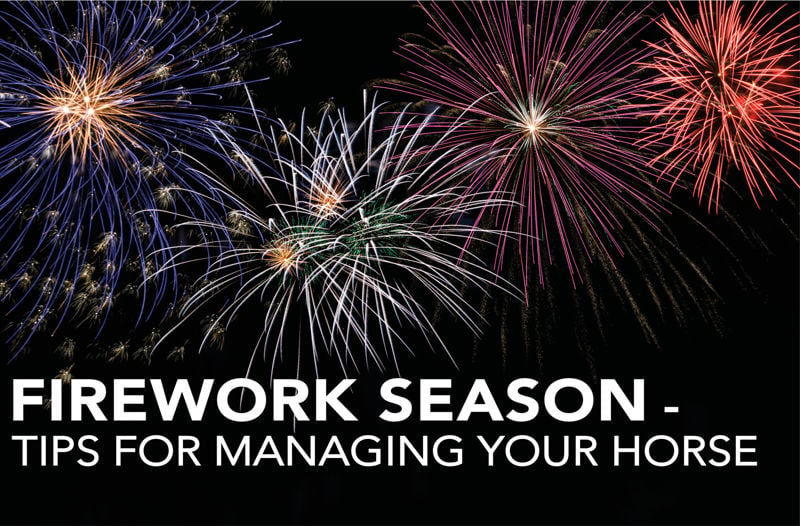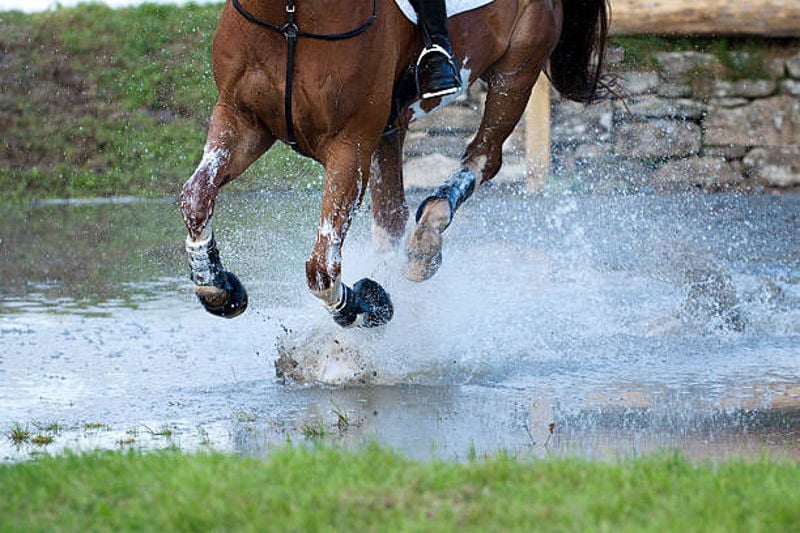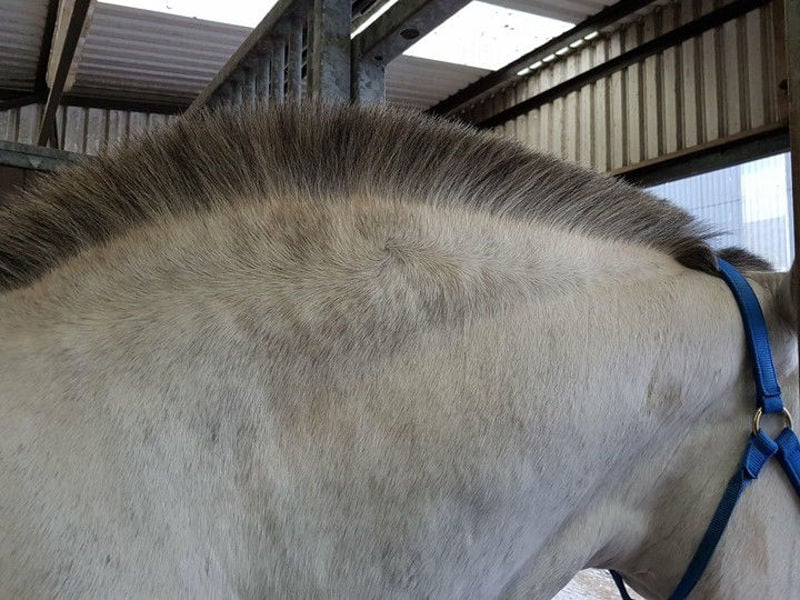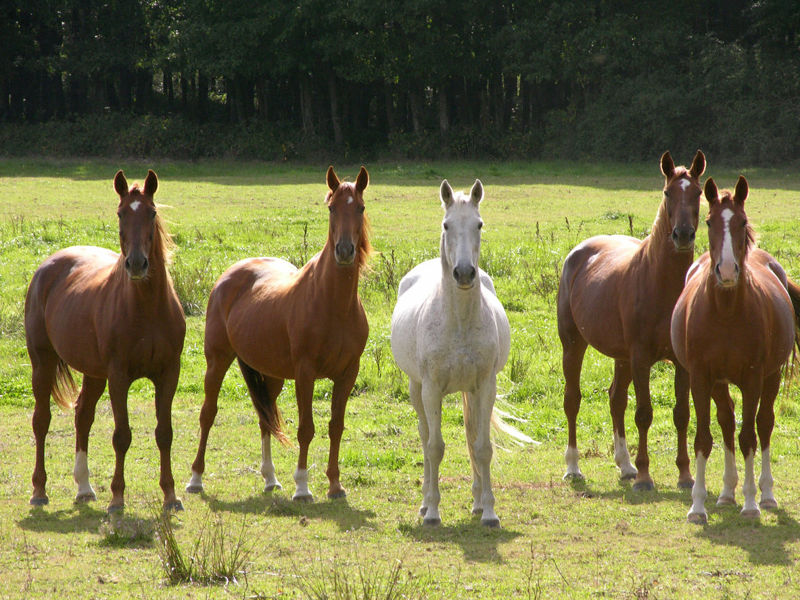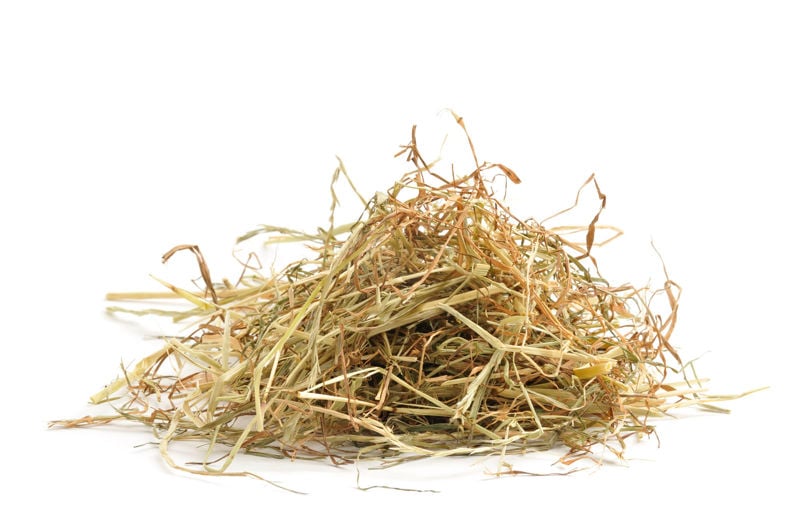Understanding what you are feeding your horse and why it varies is different on every brand and every product, can be very complicated. Daily Serving Sizes are one of the most important factors in determining which supplement or feed to choose, so developing your understanding is key to finding what is best for you and your horse.
Filters
Blog Options
Blog archive
- 2026
- 2025
- 2024
- 2023
- 2022
- 2021
- 2020
- 2019
- 2018
- 2017
- 2016
- 2015
Close
45 YEARS AT THE CENTRE OF EQUINE NUTRITION™

- Bespoke All-in-One™
-
Products
- Back
- Horse Joint Supplements
- Horse Digestion Supplements
- Horse Muscle Supplements
- Horse Vitamins & Minerals
- Horse Calming Supplements
-
Horse Respiratory Supplements
- Back
- Clarity®
- Horse Hoof Supplements
- Horse Skin & Coat Supplements
- Horse Health Supplements
- Supplements for Older Horses
- Horse Breeding Supplements
-
Horse Hormone Supplements
- Back
- Hormonease™
- Horse Treats
-
Herbs for Horses
- Back
- Boswellia
- Burdock Root
- Celery Seed
- Chamomile
- Chastetree Berry
- Cider Apple Vinegar
- Cinnamon
- Clivers
- Comfrey
- Dandelion Roots & Leaves
- Devil's Claw
- Echinacea
- Fenugreek Seeds
- Fussy Feeder
- Garlic Powder
- Hawthorn
- Hedge Herbs
- Liquorice
- Marigold Flowers
- Marshmallow Root
- Meadowsweet
- Milk Thistle Seeds
- Mint
- Nettle
- Rosehips
- Seaweed
- Slippery Elm
- Spirulina
- Turmeric
- Yucca
- Canine
- Gift Cards / Rewards
- ABOUT US
- Contact Us
- Knowledge base
Menu
-
Products
- Back
- Horse Joint Supplements
- Horse Digestion Supplements
- Horse Muscle Supplements
- Horse Vitamins & Minerals
- Horse Calming Supplements
-
Horse Respiratory Supplements
- Back
- Clarity®
- Horse Hoof Supplements
- Horse Skin & Coat Supplements
- Horse Health Supplements
- Supplements for Older Horses
- Horse Breeding Supplements
-
Horse Hormone Supplements
- Back
- Hormonease™
- Horse Treats
-
Herbs for Horses
- Back
- Boswellia
- Burdock Root
- Celery Seed
- Chamomile
- Chastetree Berry
- Cider Apple Vinegar
- Cinnamon
- Clivers
- Comfrey
- Dandelion Roots & Leaves
- Devil's Claw
- Echinacea
- Fenugreek Seeds
- Fussy Feeder
- Garlic Powder
- Hawthorn
- Hedge Herbs
- Liquorice
- Marigold Flowers
- Marshmallow Root
- Meadowsweet
- Milk Thistle Seeds
- Mint
- Nettle
- Rosehips
- Seaweed
- Slippery Elm
- Spirulina
- Turmeric
- Yucca
- Canine
- Gift Cards / Rewards
- ABOUT US
- Contact Us
- Knowledge base
Dr. Stephanie Hyland BSc (Hons)
 Call Stephanie Hyland MSc RNutr. or
Call Stephanie Hyland MSc RNutr. or
Sophie Pelham Burn MMedSci ANutr.
on 0800 585525 for
free qualified equine nutrition advice
 Call Stephanie Hyland MSc RNutr. or
Call Stephanie Hyland MSc RNutr. or
Sophie Pelham Burn MMedSci ANutr.
on 0800 585525 for
free qualified equine nutrition advice
Blog posts tagged with 'feeding'
We know all too well how some owners struggle to keep weight on their horses in winter. Some helpful tips and tricks to ensure your horses stays healthy this winter!
What can you do to support your veteran horse or pony? Our Nutritionist shares some helpful and vital tips to help you care for your golden oldies and optimise their well-being.
Colic is a common veterinary problem. Feedmark's Nutritionist explores what colic is, the signs to look out for and its associated risk factors.
Firework celebrations often negatively impact animals and cause stress for owners. They are generally associated with loud bangs, sudden beams of light and burning smells, all of which can cause fear, distress and trigger the flight-or-fight responses in horses, dogs and many other animal species.
Feedmark's Director of Science and Nutrition, Dr. Stephanie Wood, takes a look prohibited substances and how we can reduce the risk of our horses consuming them.
Feedmark’s Senior Nutritionist, outlines the different energy pathways and dietary options for supporting optimum performance and it's relevance to horses with greater exercise demands.
Discover the causes, symptoms, and management strategies for Equine Metabolic Syndrome (EMS). Learn how to care for horses with EMS and reduce the risk of complications like laminitis.
Feeding horses seems to have become a complicated business. This short article written by our Registered Nutritionist outlines the key points to consider when deciding what to feed your horse and in what quantities...
Professor Murray and Dr. Daniels explore the different types of forage available, helping you to choose the best option for your horse this winter.
Our Senior Nutritionist discusses electrolytes and explains how you can provide these for your horse.
Our Feedmark Nutritionist explains why it's important to maintain feed room hygiene, along with some great tips to help organise yours! Cleaning your feed rooms will...
Copyright © 2026 Feedmark Ltd. All rights reserved.
Feedmark, Harleston, IP20 0NY
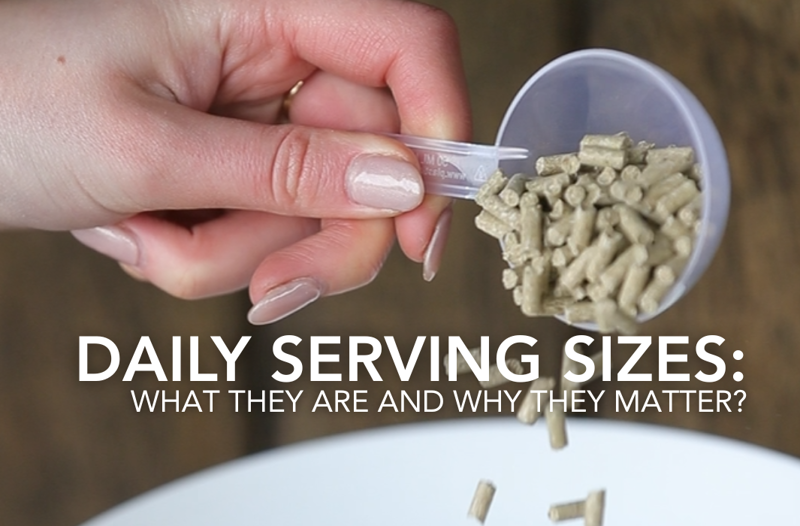
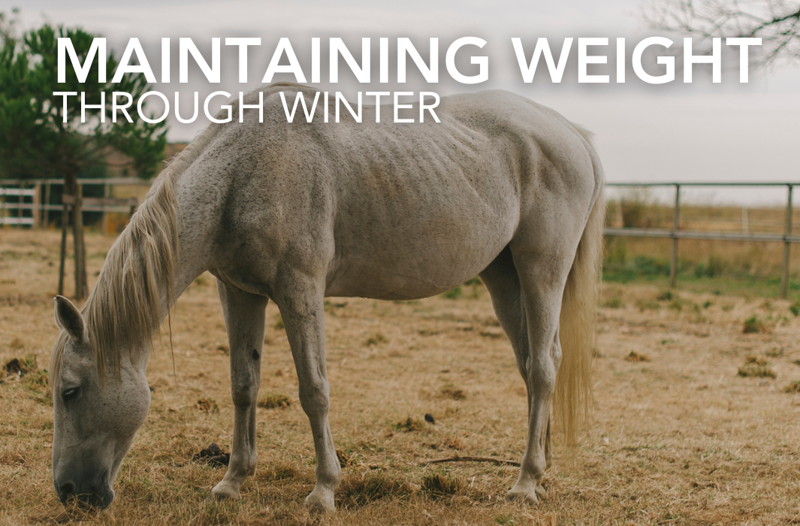
_800.png)
